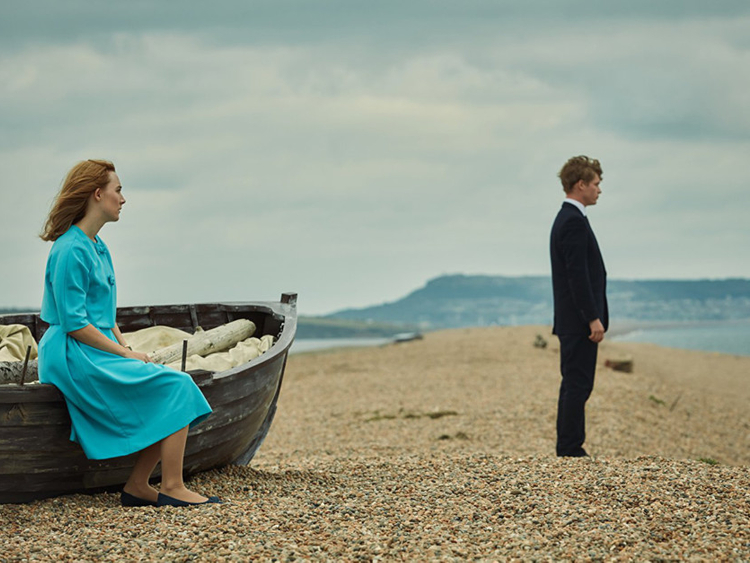
At the ongoing Dubai International Film Festival (Diff), director Dominic Cooke presented his first feature film, On Chesil Beach — a poignant and sensitive reading of Ian McEwan’s novella of the same name about a young married couple on their first night as man and wife.
Cooke, who has a prominent career in theatre directing a number of plays for the Royal Shakespeare Company and serving as artistic director of the Royal Court Theatre from 2006 to 2013, has also written and directed episodes of the BBC miniseries The Hollow Crown: The Wars of the Roses.
After the screening on Thursday night at Madinat Arena, Cooke spoke to fans in an In Conversation panel about adaptations, working with Ian McEwan and what he thinks about his cast. Excerpts follow:
On working with author Ian McEwan
“We had absolutely the most brilliant collaboration once we started working on the film. But initially, he was quite guarded. And in retrospect, I realised that he was guarded because he had gone through so many directors already for the project, and he didn’t want to get into it until I [officially] committed to the film.
“One thing I noticed is that Ian is a rarefied and highly intelligent writer and his writing has ambiguity and an esoteric edge to it. And he was very receptive and open to all the rushes [from the film] that we were sending his way... And I trusted his judgement on the notes he gave us and we used almost all of his suggestions for the movie.”
On casting Saorsie Ronan and Billy Howle
“We started with casing Saoirse, who I think is just one of our greats. I think she’s going to be Meryl Streep, and have a career that’s just going to go on an on. And then we searched high and low for an actor to play Edward. And we found it very, very hard because we wanted someone to convey a very masculine energy but also with deep sensitivity. And then Billy came in, and we put him together with Saoirse, and they just really [worked well together.]”
On adapting a book for film
“You have to lean into it and work out what the spark in the book is — the dynamic centre or the core that spoke to you — and translate that into your film. Because if you just try to fillet it, take the book and chop it into a shorter or condensed version, it won’t have a life of its own.”
On using CGI
“I was watching Christopher Nolan’s Dunkirk on the flight on my way to Dubai and the film didn’t use any CGI. And it shows. It’s so beautiful to see a 1,000 real people sitting on a beach. But it’s almost impossible to not use CGI, especially for a period film. Not unless you have a really huge budget. Our [CGI] team did a really good job.”
“For example, on the beach, there was a group of fishermen who had these bright orange tents that they planted very close to where we were shooting, and they just refused to budge. We tried everything, we spoke to them, bribed them, but they didn’t move. So we had to erase them out in post-production.”











